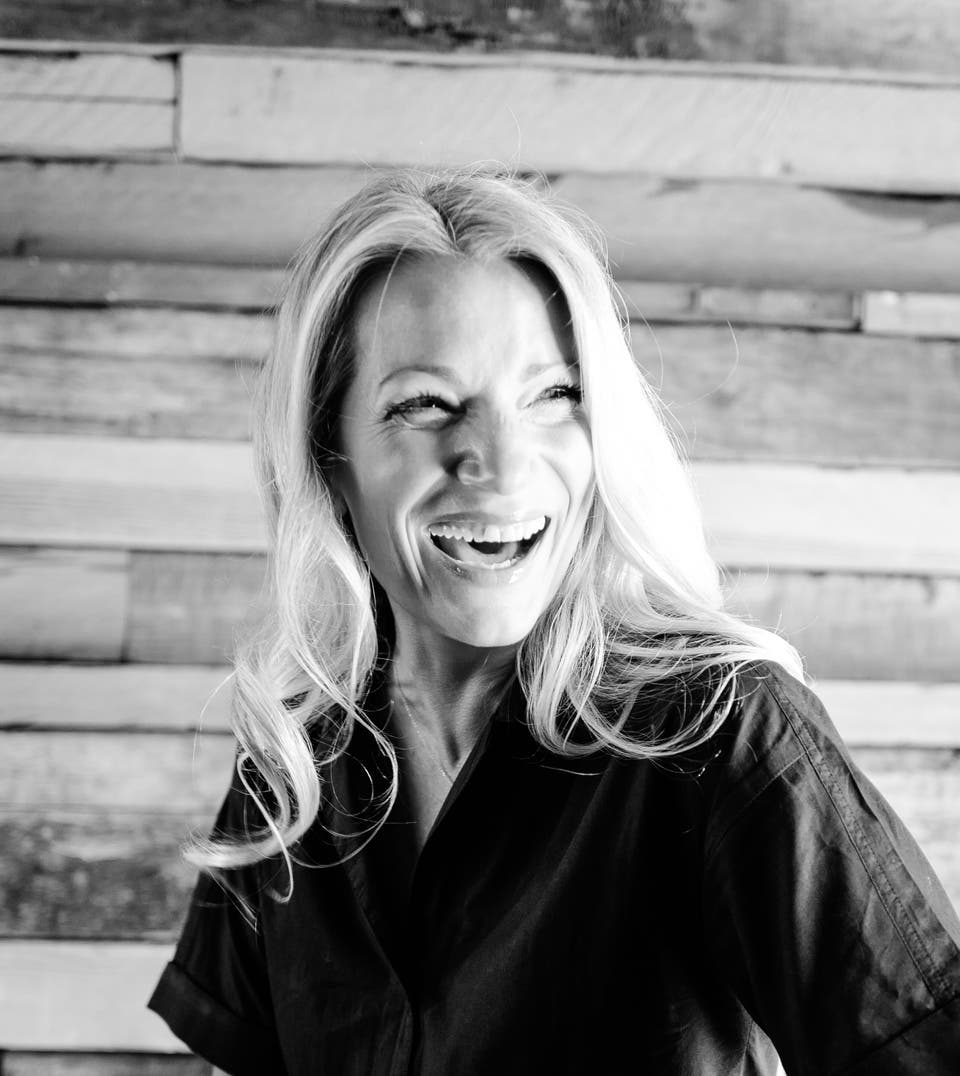In the spirit of collaboration, dentsu extends a quarterly invite to clients and media owners to come together, share ideas, explore partnerships, and join forces to accelerate delivery against the United Nations Sustainable Development Goals.
This quarter, we focused on Good Health and Well-Being, SDG3, examining it through the lens of business risk, business opportunity, leading client work, and pro bono benefits to society through dentsu’s support of Malaria No More. Watch the full event here.
In this series of blogs, we’ll share key insights and actionable advice from our leaders and experts. This first blog is from Rowan Manning, Global CEO, John Brown Media.
Health & Wellbeing: Leadership in Action
Covid-19 has pushed good health and wellbeing to the top priority for people, businesses, and governments. With newspaper headlines warning of a mental health pandemic following the medical pandemic, low or unstable employee wellbeing represents a serious risk to business sustainability.
The costs associated with not addressing employees’ mental health issues are a significant risk to business continuity — ranging from lower motivation and work productivity to anxiety and depression that drains the energy, innovation, and creativity that powers our industry. Recent headlines from McKinsey, Gallup, Forbes, the World Economic Forum, and Harvard Business Review lay out the risks and the opportunities to businesses and brands.
We all have mental health, best represented on a spectrum: thriving and positive mental health on one end and serious mental illness at the other. In between, we experience a range of conditions of varying intensity and impact that individuals and employers need to understand and support.
There is no single solution. The complex nature of the causes of mental health challenges such as burnout, anxiety, and uncertainty about the future means companies need to invest in many areas at once, including interventions related to increased workloads and employees’ sense of belonging. Leadership behaviour is another significant lever; businesses and leaders can no longer take a passive approach to employee wellbeing – given the risk to their people, it must be an active priority and one deserving of ongoing investment.
Furthermore, through the Diversity, Equity, and Inclusion (DEI) lens, BAME, LGBTQ+, working parents, and neurodivergent employees consistently score worse on wellbeing indexes, due to the intersectional nature and systemic challenges they face. As we work to be a thoroughly inclusive organisation and industry where all people can thrive, inclusive wellbeing with cultural nuance must be a priority.
We don’t have it perfectly solved – it’s too complex an issue. In this Social Impact forum, we heard from leaders who are making a real impact for their people and for the planet we share.
Good wellbeing at work is a competitive advantage. We know now that wellbeing is both physical and emotional – and the two are intertwined – when we don’t move our bodies, our minds suffer; the quality of our mental state will have a positive or a very negative effect on our physiology.
My 7 actions and challenges to leaders to make the most of this moment include:
- Don’t bother icing a mouldy cake
- No amount of weekly yoga sessions can make up for a management team with zero emotional intelligence or a sick culture.
- Recognise the asymmetry that exists as a leader
- People notice everything we do and everything we say as leaders – and they will interpret it in their own way. This moment is the perfect breeding ground for worrying and overthinking. So be present and be connected.
- Get naked
- As leaders, we need to go first and find the strength to be vulnerable. If you can find the strength to share something of yourself, it’s a game-changer. It gives people around you permission to be vulnerable too and creates psychological safety.
- No, really – how are you?
- Ask, really ask, and then really listen. People won’t tell you anything at all until they’re sure you want to know.
- Or, do it anonymously. We’ve set up small groups where people can meet others they wouldn’t directly work with, share their concerns, and share back directly to me. I don’t know who they came from, but it gives me insights on how to improve our culture.
- Sheep-dipping
- If something is really important and you know it will make a difference, don’t just offer it – deliver it.
- Our wellbeing sessions are outstanding but our people are concerned that they can’t take time out of their busy working day. So I took over our all-agency townhall to focus on wellbeing and mental health, followed with a commitment that we would all be holding space in our diaries going forward to continue to prioritise wellbeing.
- Laughter is the best medicine
- At the beginning of your meetings, make the time and space to just chat and be with your teams. It creates serotonin, camaraderie, belonging, and good feelings. That 1% of the day will make the other 99% of the day much better. It will change the way people perceive their job and their team.
- Put your own mask on first
- In this pandemic, it’s completely true: As leaders, it’s our job to stay strong and positive in really difficult circumstances. You must make the harder right decisions over the easier wrong, you have to model the behaviour you want to see – and the mental load is significant. We owe it to our people and our businesses to stay resilient ourselves.
Join us. Let’s co-create the solutions that will shape the world we share. Get an invite to the next Social Impact Forum by signing up here.
Visit our Social Impact Hub where you can view examples of dentsu’s work with clients to accelerate the delivery of the United Nations Sustainable Development Goals. You can also find out more about our Social Impact Strategy here.

